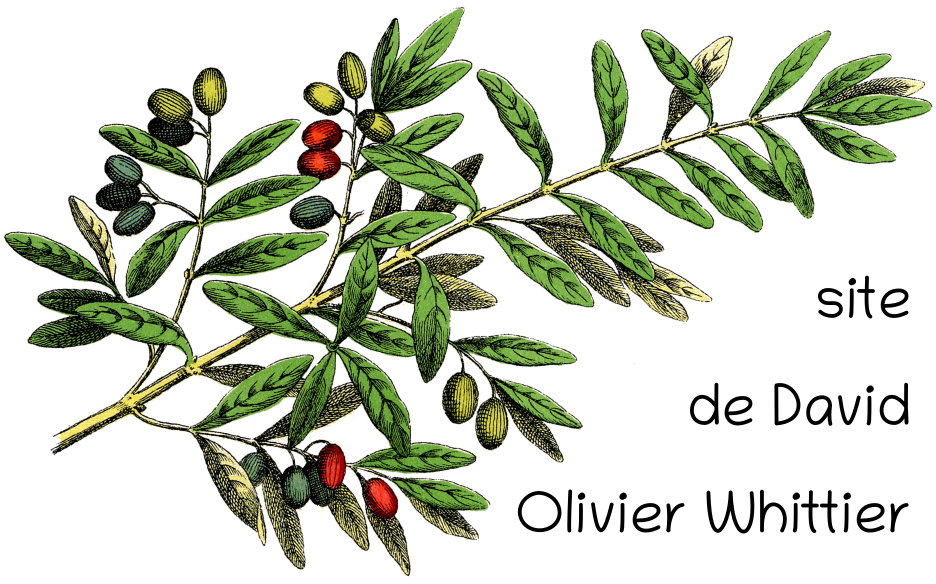Science and the Denial of Animal Consciousness
For the main currents of philosophy — and for common morality — sentience is a necessary condition for a being to be a moral patient (for utilitarianism it is also a sufficient condition). The vividness with which we are conscious of a being's emotions determines the amount of attention we will give her. A decisive factor for bringing humans to treat other animals ethically is thus the unrestricted recognition of their possession of a mental life, of the fact that they think, desire, feel and so on.
Humans are animals
Five years ago when I wrote the article "La moindre des choses",*in the booklet Nous ne mangeons pas de viande pour ne pas tuer d'animaux1 I did not expect my readers to get the impression that I no longer cared about fighting racism and sexism. The recent letter** sent by the group AIDA2 to the Cahiers antispécistes asks me to return to that article and read it again.
Abolition as the Most Realistic Solution
Many animal activists, and I among them, view the abolition of meat as a step towards a progressively less speciesist society (others would rather say «towards the end of all animal exploitation»).
Without renouncing this perspective, there is another (complementary) one that we must develop in order to garner support for the idea of abolition. We must show that abolishing meat is the most realistic solution to what our society already views as serious problems concerning the production of meat.
- Read more about Abolition as the Most Realistic Solution
- Log in or register to post comments
Manifesto del Veggie Pride
Noi vogliamo:
Affermare il nostro orgoglio di rifiutare di far uccidere animali per il nostro consumo
Rifiutare di rubare a degli esseri senzienti l'unico bene che possiedono, la loro carne, la loro vita; rifiutare di partecipare ad un sistema concentrazionario che trasforma quella vita in un inferno permanente; rifiutare di fare tutto questo per il solo piacere del gusto, per abitudine, per tradizione: tale rifiuto dovrebbe essere il minimo che si possa fare.
Ma sappiamo quanto sia difficile, quando ottusa violenza e pregiudizio sono la norma sociale, dire di no.
- Read more about Manifesto del Veggie Pride
- Log in or register to post comments
The Veggie Pride Manifesto
Our aims:
To declare our pride at refusing to have animals killed for our consumption
To refuse to rob sentient beings of their sole possessions, of their very flesh, of their very lives; to refuse to take part in a concentration camp system which turns their short lives into perpetual torment; to refuse to do all of this for the mere pleasure of the palate, for the satisfaction of a habit, of a tradition: To refuse to do such things should be just plain decency.
However, history does show how difficult it is, when barbarity is the social norm, to simply say No.
- Read more about The Veggie Pride Manifesto
- Log in or register to post comments
Aborto e liberazione animale
La questione dell'aborto è stata già trattata su queste pagine da Carol Adams, in un articolo sul femminismo e la liberazione animale1. Tuttavia, capita ancora che ci venga chiesto, sia da avversari che da sostenitori della libertà di abortire, qual è la nostra posizione in merito. I primi sembrano generalmente sperare, e i secondi temere, che siamo contro l'aborto, probabilmente perché il vegetarismo è spesso associato all'idea di «rispetto di ogni vita» e di ascetismo «morale» (nel senso puritano che in genere si dà a questa parola).
Interview of the Cahiers antispécistes journal
— Can you tell us about your magazine called : “Les cahiers antispécistes lyonnais” which is the first in france on this subject. tell us your motivations, the public reaction, etc...
- Read more about Interview of the Cahiers antispécistes journal
- Log in or register to post comments
La scienza e la negazione della coscienza animale
Riassunto
Generalmente i militanti animalisti ritengono che il cartesianesimo sia superato e che oggi la scienza riconosca come un dato incontestabile che gli animali siano dotati di sensibilità. Ma lo statuto scientifico della sensibilità è tutt'altro che acquisito. Non solo la soggettività è assente dai domini fondamentali della conoscenza, ma ne è costitutivamente esclusa. La fisica (che, una volta caduto il dualismo cartesiano, si trova ad avere il ruolo di scienza-madre) è incapace di integrare la sensibilità nella sua visione del mondo.
Luc Ferry o il ristabilmento dell'ordine
Il libro di Luc Ferry ha avuto in Francia grande risonanza - cosa che ha giovato al movimento di liberazione animale. In effetti, poiché quasi metà di Le nouvel ordre écologique è consacrata a tale movimento, il suo successo fa sì che oggi anche il grande pubblico sappia che la nostra lotta esiste.

